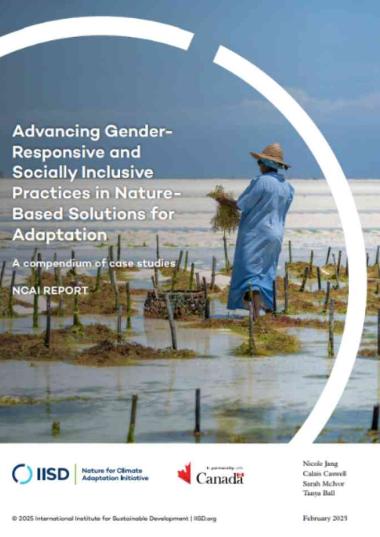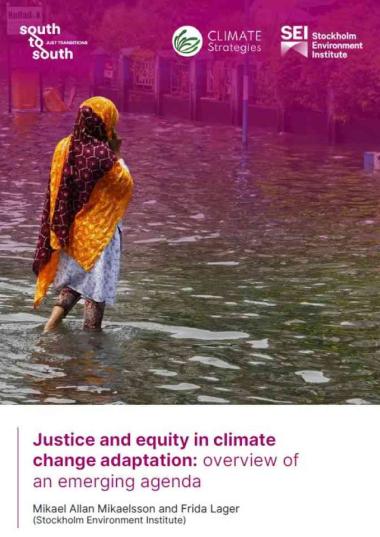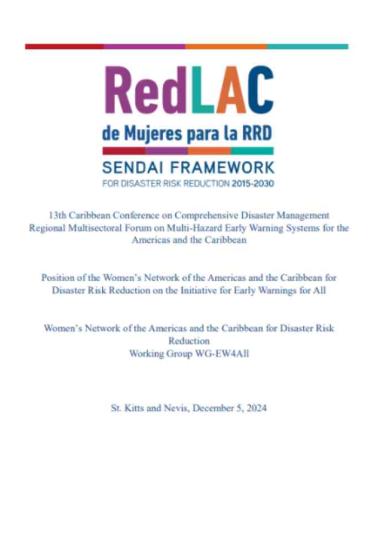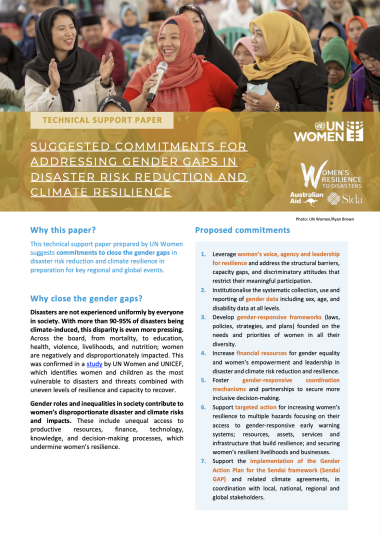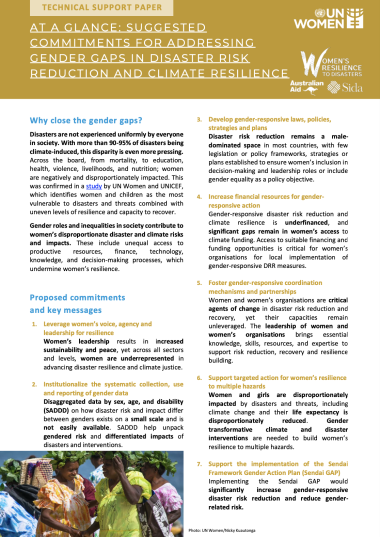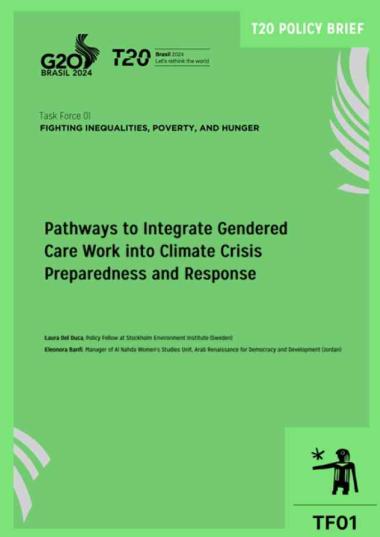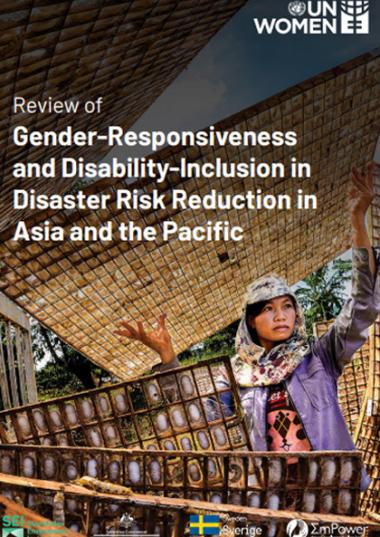
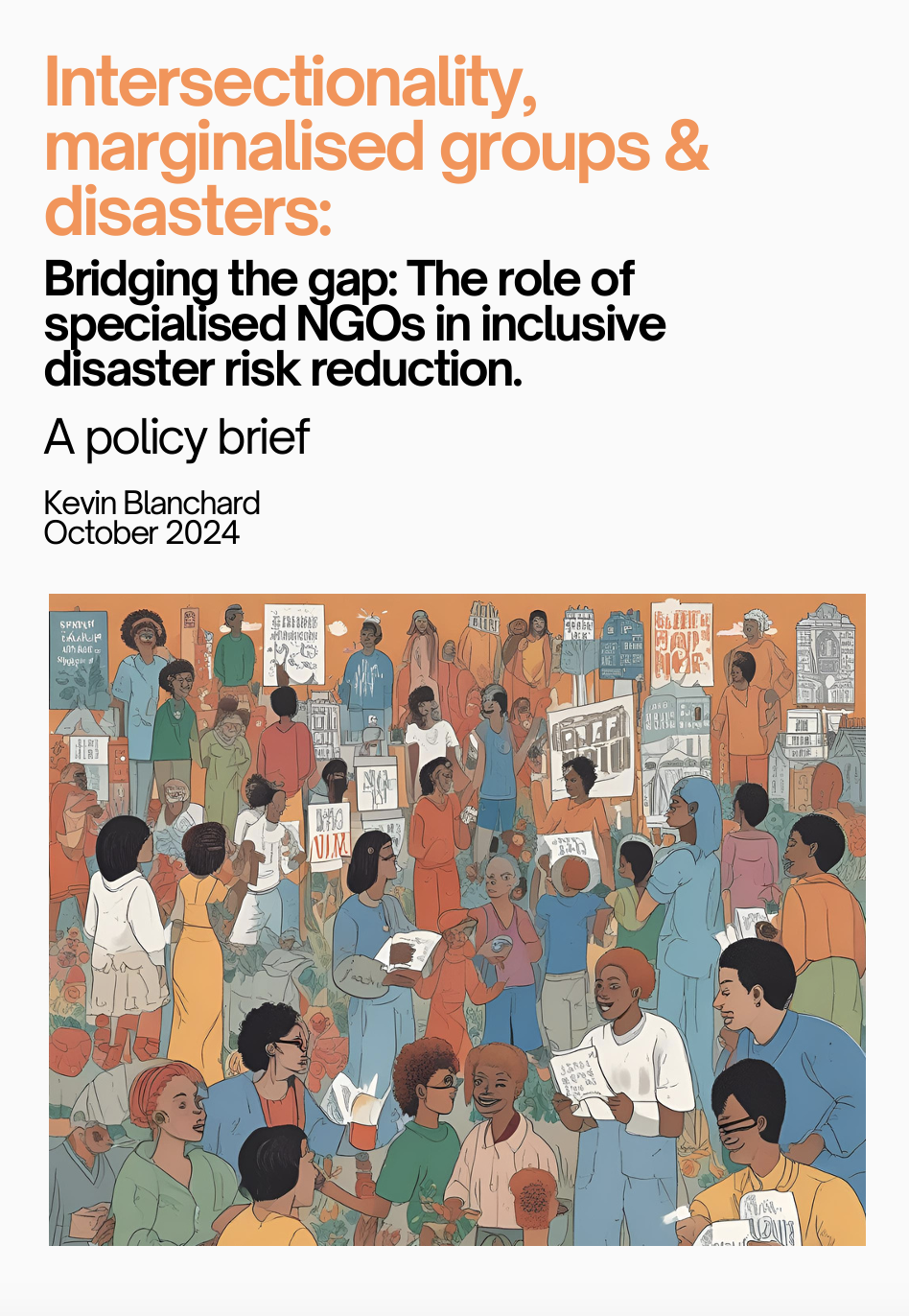
Intersectionality, marginalised groups & disasters: Bridging the gap: The role of specialised NGOs in inclusive disaster risk reduction.
October 2024
Over the course of 2024, DRR Dynamics will be publishing a number of reports focused on intersectionality, with a particular focus on how intersecting vulnerabilities and capacities impact hyper-marginalised groups. The research will cover topics as diverse as sexual and gender minorities (a continuation of 2023's focus), refugees/migrants and those engaged in the informal economy with a specific emphasis on culturally controversial employment types such as sex work and individuals experiencing homelessness.
This policy briefing highlights the critical importance of engaging with advocacy and NGO organisations/groups who represent hyper-marginalised communities in disaster risk reduction (DRR) contexts. These communities— which can include such diverse groups as gender and sexual minorities, indigenous communities, sex workers, those experiencing homelessness, refugees, migrants, asylum seekers, and transient/nomadic populations— experience unique vulnerabilities exacerbated by societal, cultural, or economic discrimination. The uniqueness of these groups has often led to the development of specific organisations that represent or work on behalf of these communities. While their specialised knowledge may not always directly relate to disaster or risk management, these organisations are frequently the only ones actively advocating for and working with these hyper-marginalised parts of society. As such, their expertise positions them to play a key role in shaping disaster risk reduction policies and practices.
Policymakers must prioritise inclusive disaster risk reduction (DRR) strategies by incorporating specialised NGOs and advocacy groups representing hypermarginalised communities. Recommendations include ensuring representation of these communities in all DRR stages to address their unique vulnerabilities, securing sustained funding for NGOs to continue their critical work, and promoting inclusive policy design that recognises intersectionality. Additionally, building strong partnerships between DRR institutions and specialised NGOs can enhance the effectiveness and inclusivity of disaster preparedness and response efforts.
This policy brief will explore how such specialised organisations can help design a more inclusive disaster risk reduction policy and practice landscape as well as elevate hyper-marginalised voices and champion the rights of those communities.
